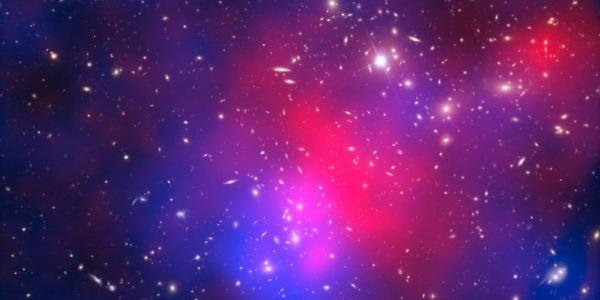Physics Theory Seminar with Lotta Jokiniemi on No-core shell-model studies on muon capture in light nuclei
Muon capture is a nuclear-weak process in which a negatively charged muon, initially bound on an atomic orbit, is captured by the atomic nucleus, resulting in atomic number reduction by one and emission of a muon neutrino. Thanks to the high momentum transfer involved in the process, it is one of the most promising probes for as yet hypothetical neutrinoless double-beta decay. With the recent renaissance of muon-capture experiments, reliable theory predictions for muon capture are now of paramount importance.
To this end, I will discuss recent progress in ab initio studies on muon capture in light nuclei, focusing in particular in ab initio no-core shell model. These systematically improvable studies are based on nuclear interactions derived from chiral effective field theory. The computed rates are found to be in good agreement with available experimental counterparts, motivating future experimental and theoretical explorations in the mass region.
This lecture was made possible by the William C. Ferguson fund.

